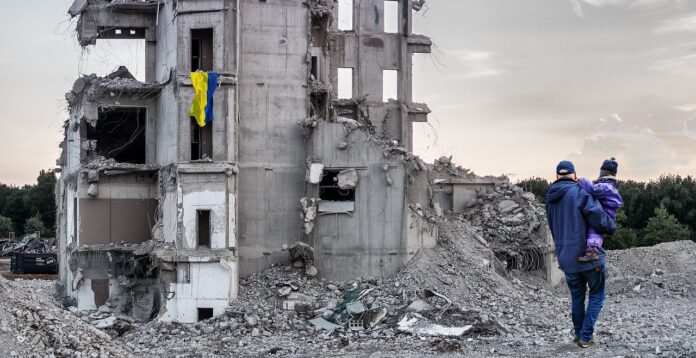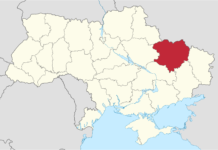Last night Russia launched a missile assault on Ukraine, marking a substantial escalation in the ongoing conflict between the two countries. This attack involved the deployment of 40 missiles and drones, targeting various locations across Ukraine, including key facilities within the nation’s military-industrial complex.
The focus of these strikes was primarily on Ukrainian facilities involved in the production of ammunition and drones. According to reports from the Russian defense ministry, these coordinated attacks were successful in hitting all designated targets. The targets included locations involved in the manufacturing of shells, gunpowder, and unmanned aerial vehicles, indicating a strategic approach to cripple Ukraine’s military production capabilities.
The effectiveness of Ukraine’s air defense system was challenged during this assault. Out of the 37 missiles and three drones launched by Russia, only eight missiles were successfully intercepted by Ukraine. Additionally, more than 20 devices failed to reach their targets, attributed to the active countermeasures employed through electronic warfare by the Ukrainian forces. Despite the scale of the attack, there were no reported fatalities, although a civilian was injured in the northeastern Sumy region.
The timing of this assault coincided with significant diplomatic events, including the arrival of France’s newly appointed foreign minister in Kyiv. This visit, which occurred in the context of Russia’s large-scale missile attack, was seen as a strong sign of support for Ukraine as the Russian invasion neared its second year.
The situation in Ukraine has been closely monitored internationally, with various countries expressing their positions on the conflict. This attack demonstrates the ongoing volatility in the region and the continued impact of the conflict on global stability and security.










